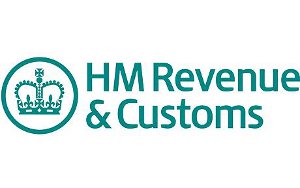HMRC warns customers to be aware of self assessment tax scams
 HM Revenue and Customs (HMRC) is warning millions of Self Assessment customers to be aware of fraudsters in the run-up to the 31 January deadline.
HM Revenue and Customs (HMRC) is warning millions of Self Assessment customers to be aware of fraudsters in the run-up to the 31 January deadline.
Over the last year, HMRC received nearly 900,000 reports from the public about suspicious HMRC contact - phone calls, texts or emails. More than 100,000 of these were phone scams, while over 620,000 reports from the public were about bogus tax rebates.
Some of the most common techniques fraudsters use include phoning taxpayers offering a fake tax refund or pretending to be HMRC by texting or emailing a link which will take customers to a false page, where their bank details and money will be stolen.
Fraudsters are also known to threaten victims with arrest or imprisonment if a bogus tax bill is not paid immediately.
HMRC operates a dedicated Customer Protection team to identify and close down scams but is advising customers to recognise the signs to avoid becoming victims themselves. Genuine organisations like HMRC and banks will never contact customers asking for their PIN, password or bank details.
Customers should never give out private information, reply to text messages, download attachments or click on links in texts or emails which they are not expecting.
Customers are urged to take action by forwarding details of suspicious calls or emails claiming to be from HMRC to phishing@hmrc.gov.uk and texts to 60599. Customers who have suffered financial loss should contact Action Fraud on 0300 123 2040, or use their online fraud reporting tool.
Customers can find out more information on GOV.UK on how to avoid and report scams and recognise genuine HMRC contact. If customers think they have received an HMRC-related phishing email or text message, they can check it against examples on GOV.UK.









